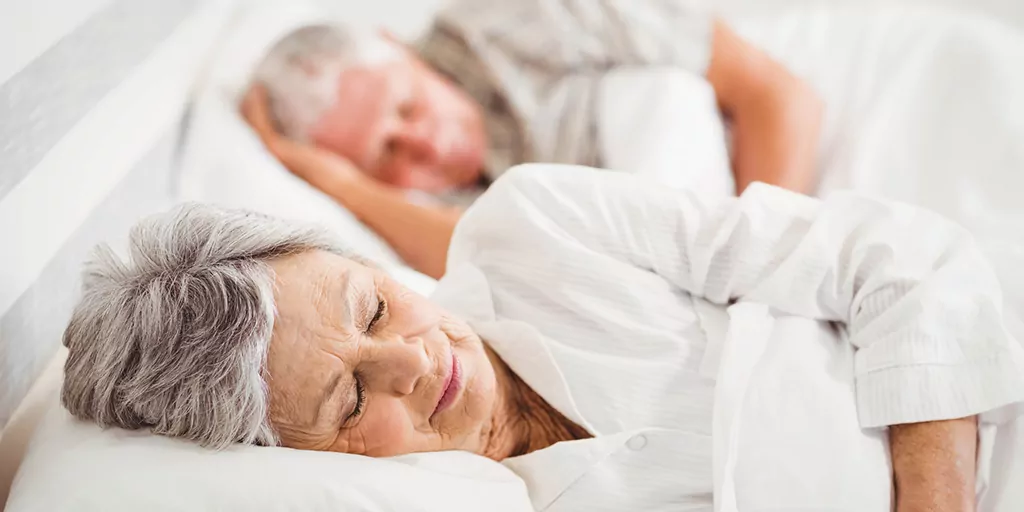
How did you sleep last night?
Was it interrupted, short, or did you wake up and stare at the clock only to find yourself tossing and turning?
Did you know that we spend a third of our lives sleeping? Sleep is survival, just like eating properly and drinking water. We cannot live without any of the three. You know from your own experience that we detox and repair our body through food and water, and we also detox and repair through our sleep.
How? Our stress, emotions, schedules, and activities are all stored in our brains every day. Our daily storage is ONLY under maintenance when we sleep. Think of your sleep cycle like potholes in the road. When roads are being used daily, they can’t be repaired easily. The only way they can be repaired is when the road is not being used or has to be shut down. Unrepaired potholes cause damage to other things such as our tires, our cars, the structure of the road, and our access to different destinations. When we have insufficient or no sleep, our brain cells aren’t able to shut down and become like potholes. Cells become damaged and worn, which could cause heart disease, obesity, diabetes, memory loss, limited cognitive ability, and other unhealthy body issues.
To get the proper amount of sleep, we must achieve no less than 7 hours of sleep daily and no more than 8 to 9 hours. We can face many obstacles to restorative sleep in our golden years, such as – chronic pain, medications, depression, work schedules, illness, and digestion issues.
What makes the ability to sleep more difficult as we age? Sleep is a balancing act, just like your diet and water intake. As mentioned in my previous articles, the Hypothalamus wears down as we get older. That part of the brain also controls our circadian rhythm, which comes from what kind of light your eyes receive to determine if it will produce Melatonin or stop its production. This can cause a tug of war between feeling sleepy and alert. White or blue light is the best for alertness but the worst for sleeping. Try to dim your lights at least 2 hours before bed. Your TV is a source of blue light, so keep the sound low and the content non stimulating before bed. Also consider using a timer to shut off automatically so as not to interrupt your sleep. If you need a light on while sleeping, use a soft yellow/orange or red light, which will not affect your circadian cycle. If you must work at night, hopefully, you will have white lights on to keep you awake, and when you are ready for bed during the daylight hours, wear an eye mask and use black-out curtains.
Also, as we get older, we mostly do not fall into a deep sleep. Deep sleep (REM) only lasts 20 to 40 minutes. REM allows for the consolidation of new memories. Lack of this deep sleep could lead to poor memory recall. One way to improve this is by raising our body temperature before sleeping. Our brain likes it warm. Take a warm bath, soak in a hot tub, or use an infrared sauna before bed. Keep your bedroom temperature cool to warm but not hot, or maybe do like they did back in the day to keep your head (brain) warm by wearing a hat to bed.






